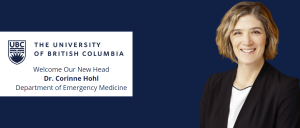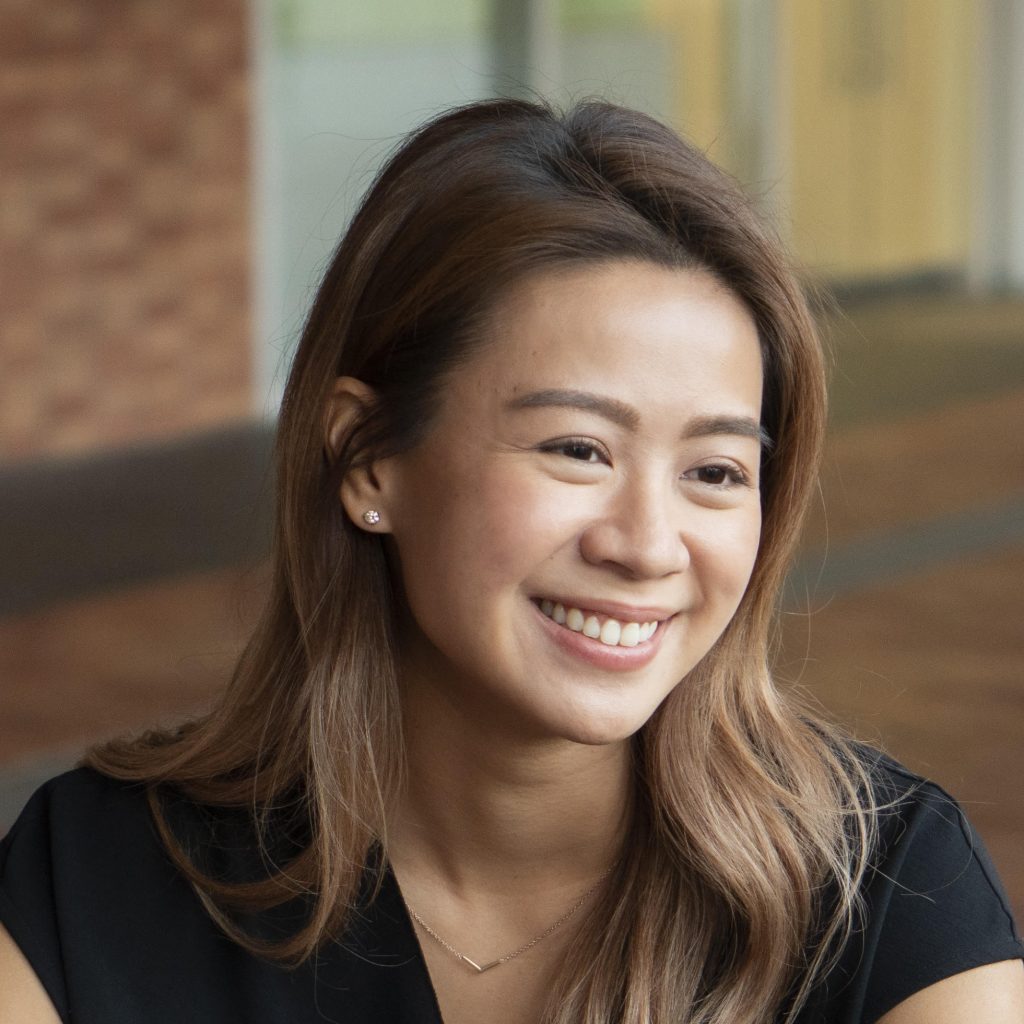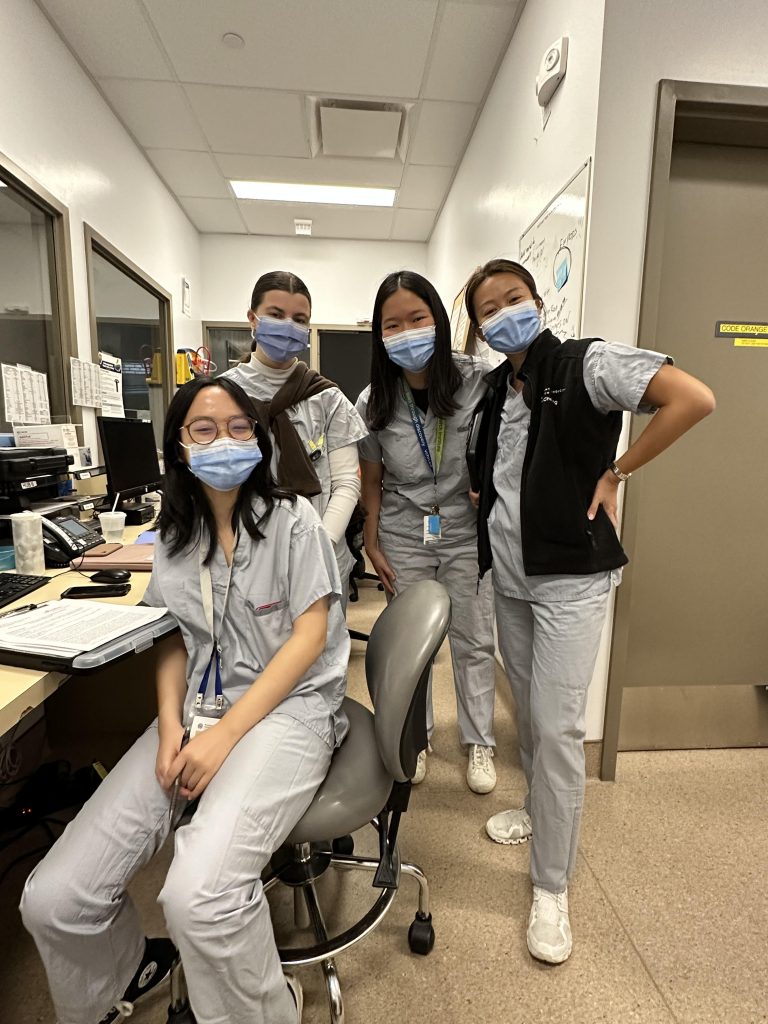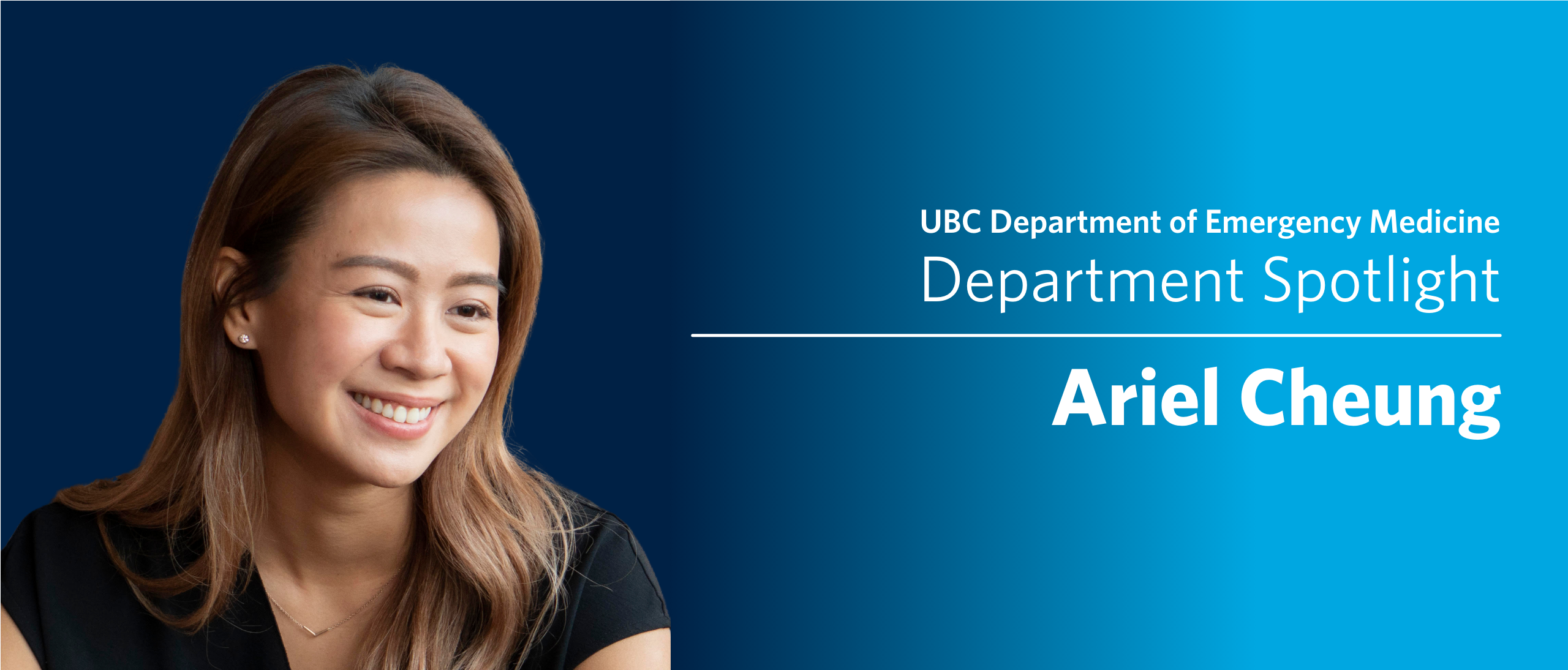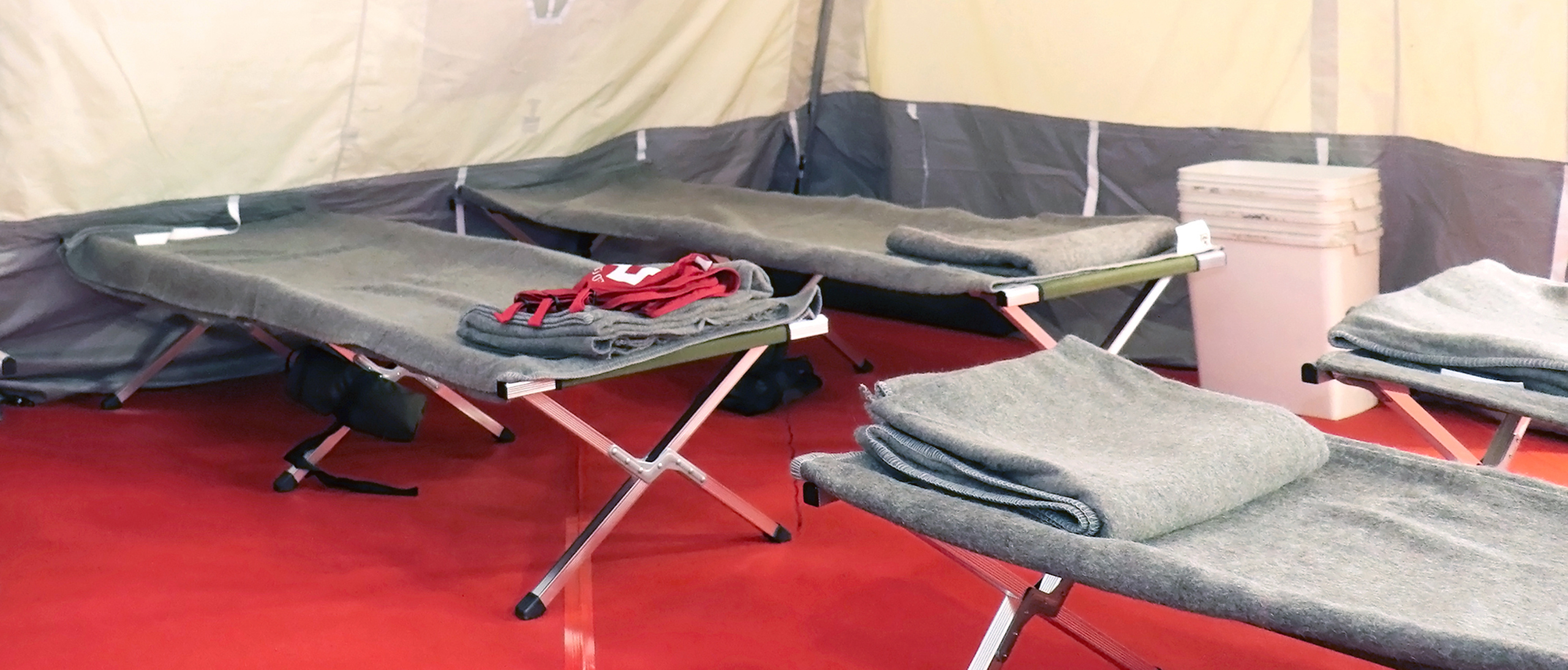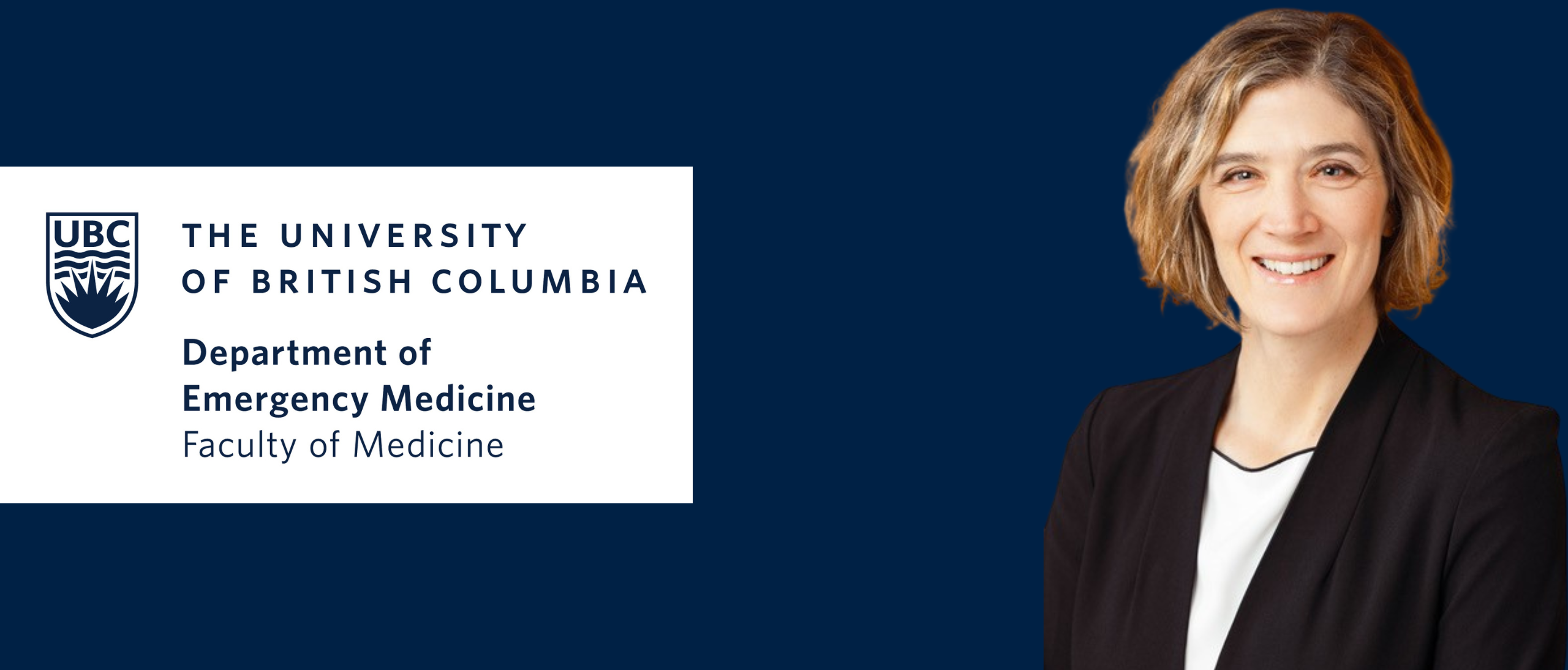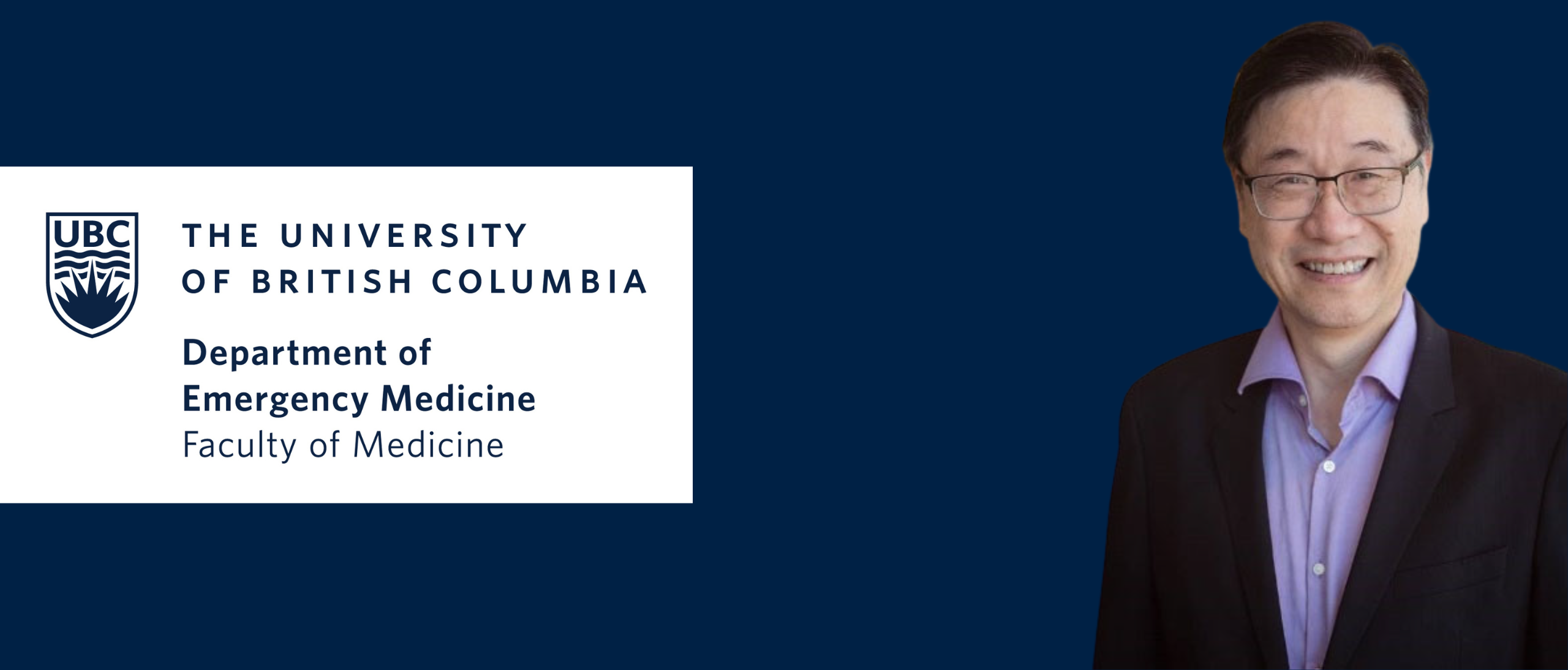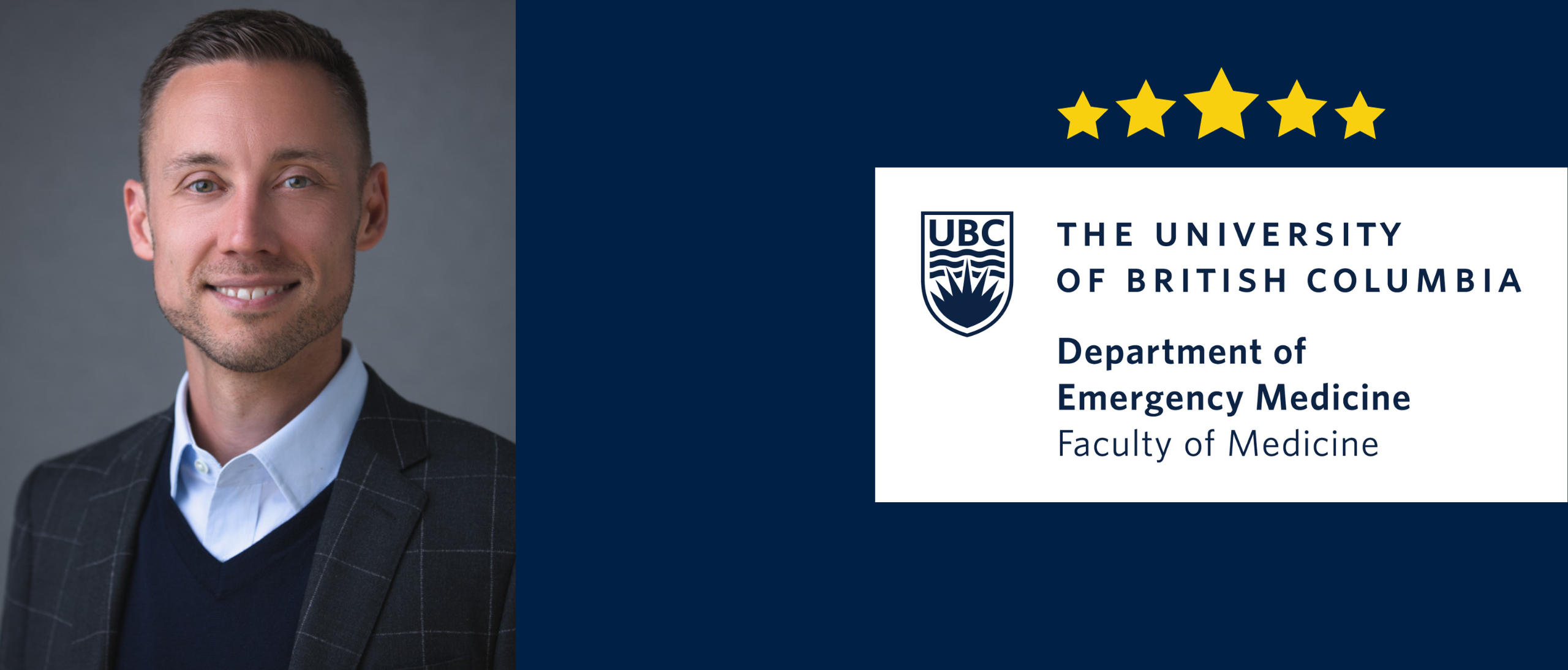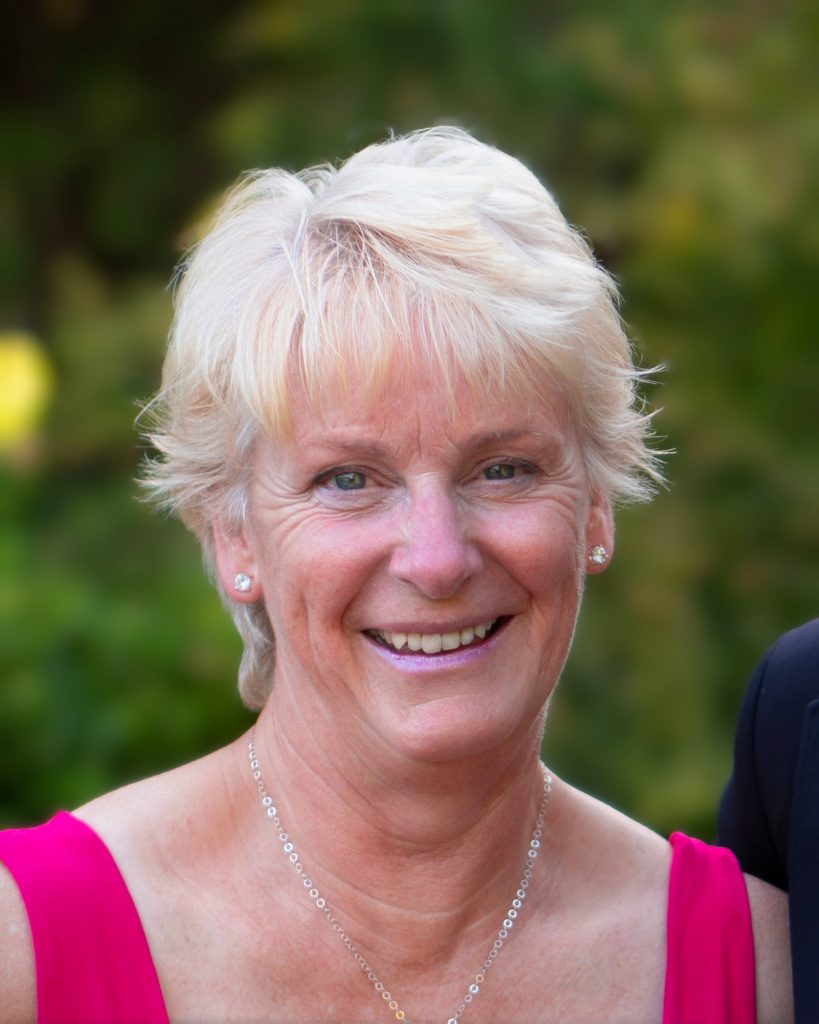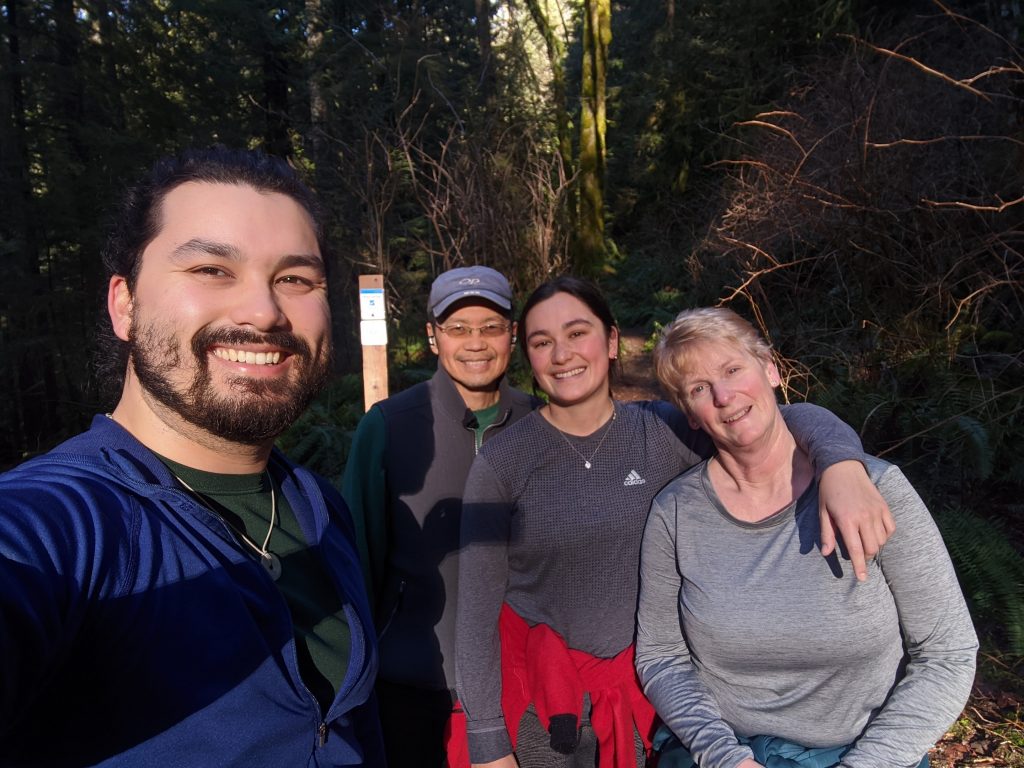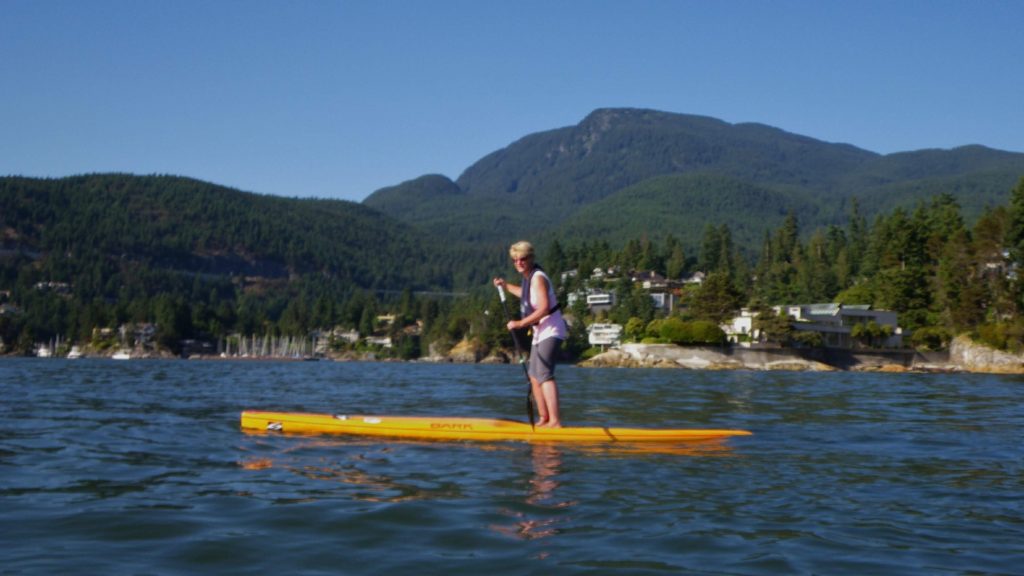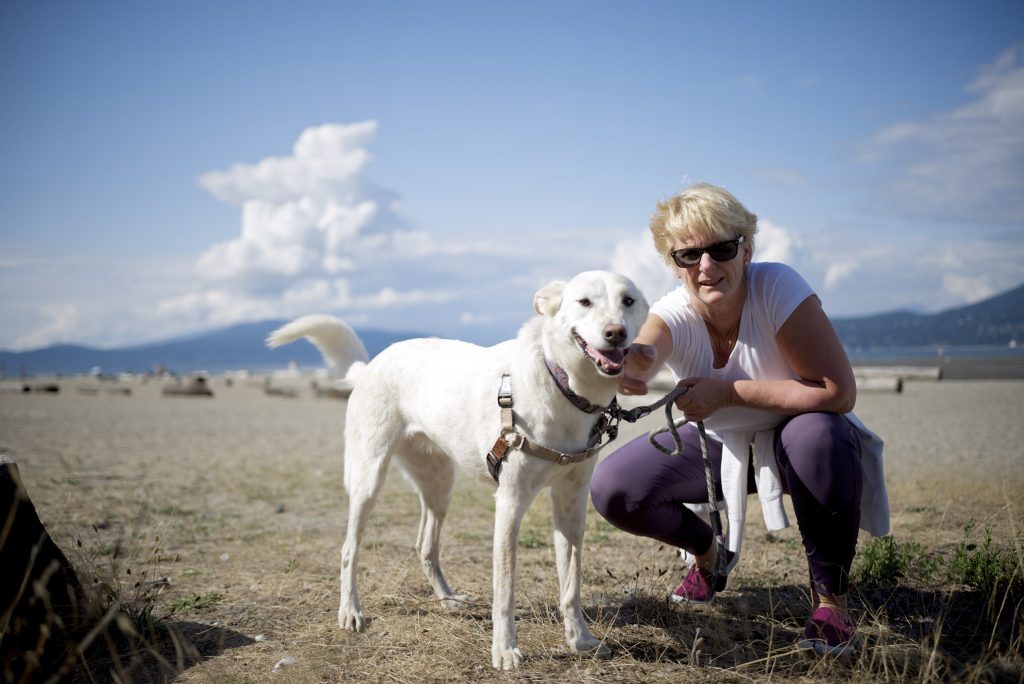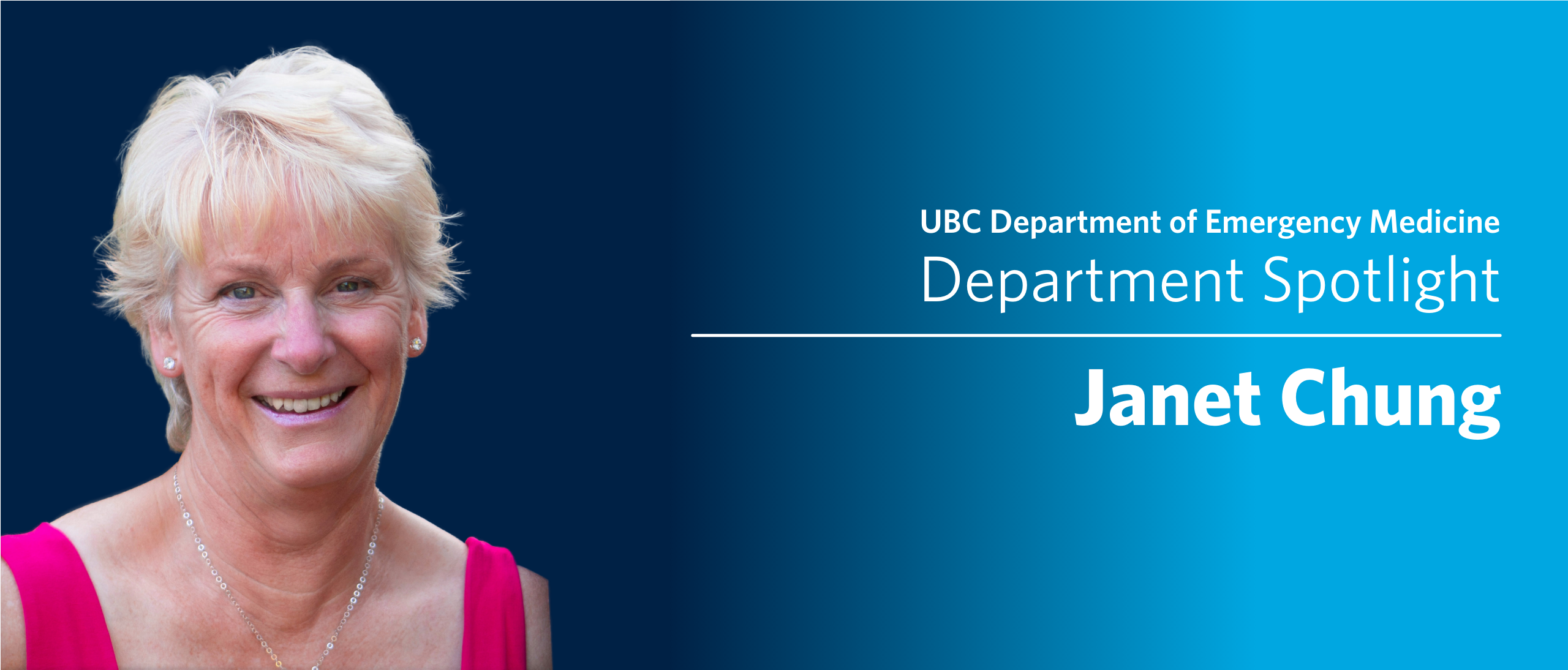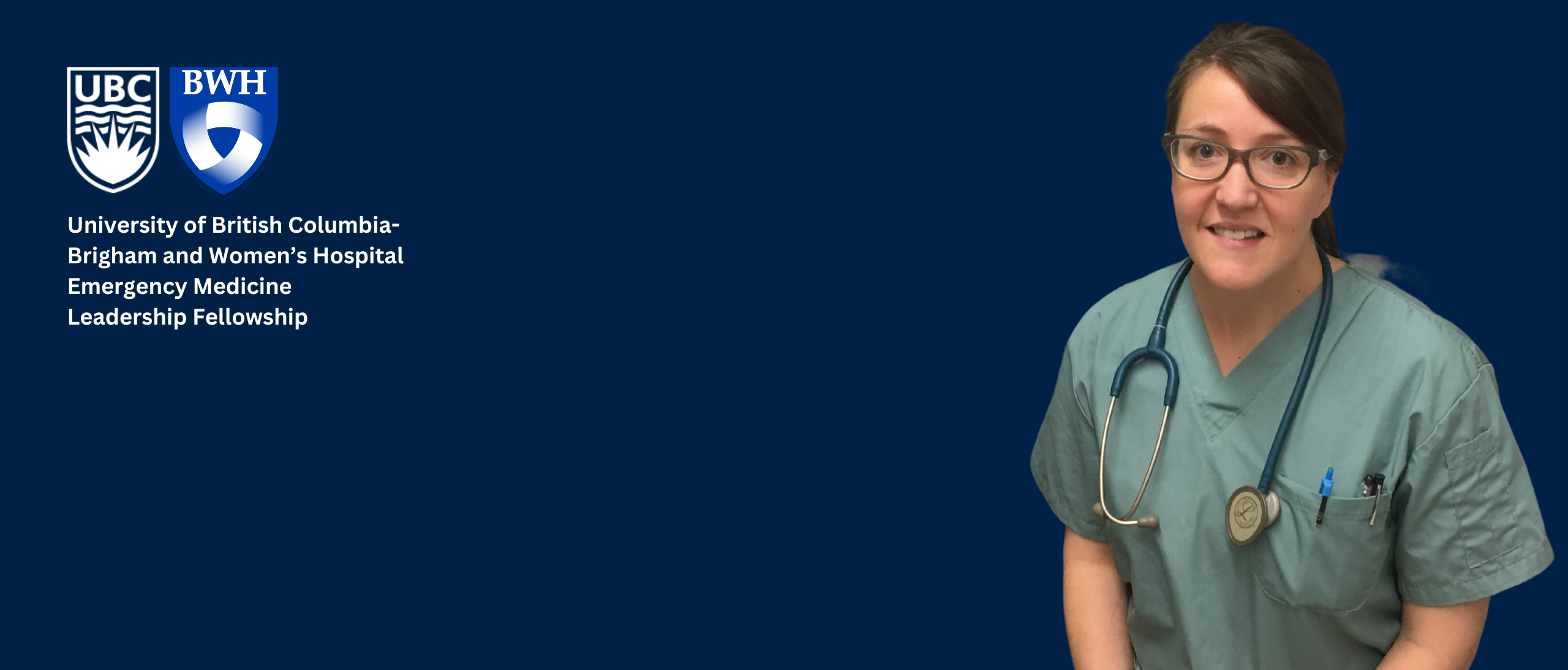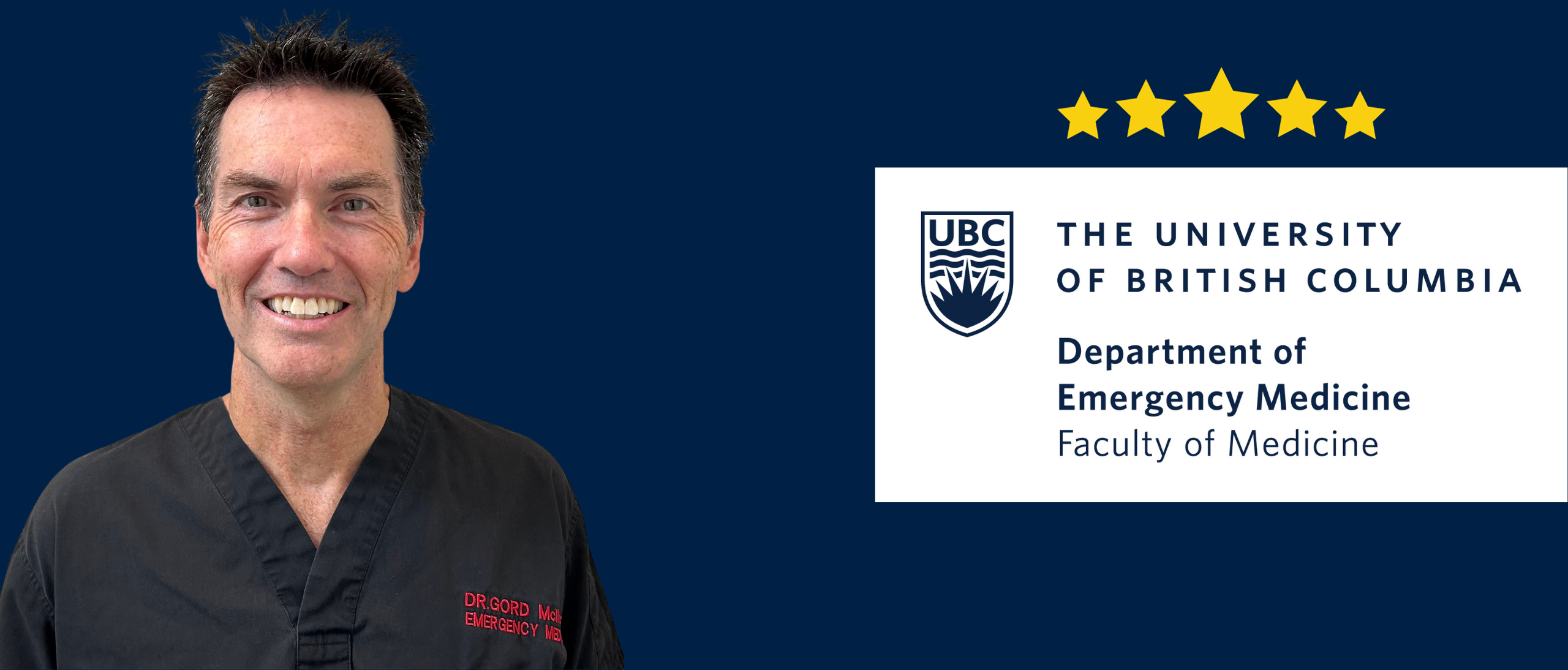
Congratulations to Our 2024 Graduating Residents
July 19, 2024
Meet the UBC Department of Emergency Medicine’s 2024 graduating residents!

Congratulations to 2024 FoM Distinguished Achievement Awards Recipients, Dr. Kendall Ho and Dr. Brian Grunau!
June 27, 2024
The Department congratulates Dr. Kendall Ho and Dr. Brian Grunau, both of whom are recipients of a 2024 Faculty of Medicine Distinguished Achievement Award! Dr. Kendall Ho is a recipient of the Award for Service to the University and Community in recognition of his impactful academic and community work, which has brought benefits to the university, communities, […]
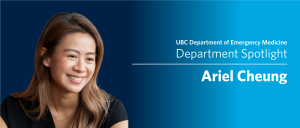
Department Spotlight: Ariel Cheung
December 21, 2023
Meet Ariel Cheung, Clinical Research Assistant with the UBC Department of Emergency Medicine.
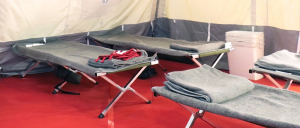
Disaster Medicine Interest Group joins the UBC Department of Emergency Medicine
December 19, 2023
The UBC Department of Emergency Medicine established the Disaster Medicine interest group in October 2023, which will support disaster medicine collaboration, research and training among healthcare professionals in British Columbia.
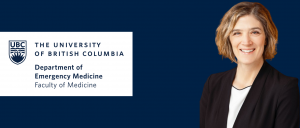
Presentation and Vision Statement by Dr. Corinne Hohl, Candidate for Head, Department of Emergency Medicine, UBC
December 13, 2023
UBC Department of Emergency Medicine faculty, staff and trainees are invited to attend a presentation by Dr. Corinne Hohl, candidate for Department Head.
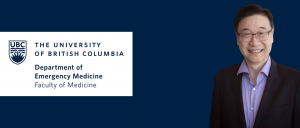
Presentation and Vision Statement by Dr. Kendall Ho, Candidate for Head, Department of Emergency Medicine, UBC
November 24, 2023
UBC Department of Emergency Medicine faculty, staff and trainees are invited to attend a presentation by Dr. Kendall Ho, candidate for Department Head.

UBC emergency medicine researchers study concordance between virtual physician advice and subsequent health service utilization in BC
October 26, 2023
A new study found that most callers to a virtual physician triage service in BC seek the recommended health service. However, callers didn’t always use the health service advised by virtual physicians, and this varied by the type and urgency of advice provided, and whether or not the caller lived in an urban or rural […]

UBC emergency medicine researchers publish commentary to guide practice transition of advanced career emergency physicians
October 25, 2023
The Canadian emergency medicine community is overdue for cultural change and reflection on clinical adaptations to support the longevity and wellness of “advanced career” emergency physicians, according to a commentary by UBC DEM faculty members.
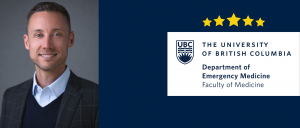
Dr. Brian Grunau receives Mid-Career Achievement Award and Lecture from the American Heart Association
October 25, 2023
Congratulations to Dr. Brian Grunau for receiving a 2023 Mid-Career Achievement Award from the Council on Cardiopulmonary, Critical Care, Perioperative, and Resuscitation with the American Heart Association.
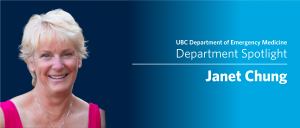
Department Spotlight: Janet Chung
October 25, 2023
Meet Janet Chung, Undergraduate Medical Education Program Manager with the Department of Emergency Medicine.
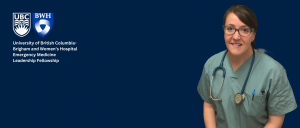
Dr. Natasha DeSousa selected as 2023 Emergency Medicine Leadership fellow
October 25, 2023
Dr. Natasha DeSousa has been selected as the most recent fellow in the University of British Columbia (UBC) – Brigham and Women’s Hospital (BWH) Emergency Medicine Leadership Fellowship program.
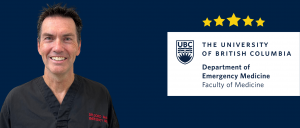
Dr. Gord McInnes receives 2023 UBC Faculty of Medicine Award
October 25, 2023
Congratulations to Dr. Gord McInnes for receiving a 2023 Faculty of Medicine Award.

Remembering Dr. Tracy Pickett
September 29, 2023
It is with deep sadness and heavy hearts that we acknowledge the passing of Dr. Tracy Pickett, clinical professor with the Department of Emergency Medicine.


































